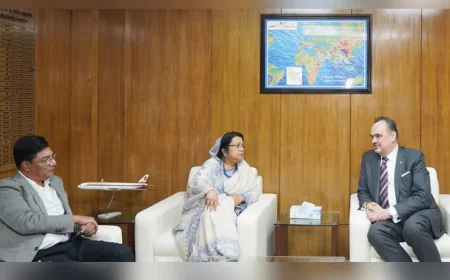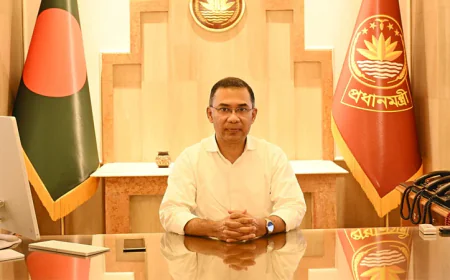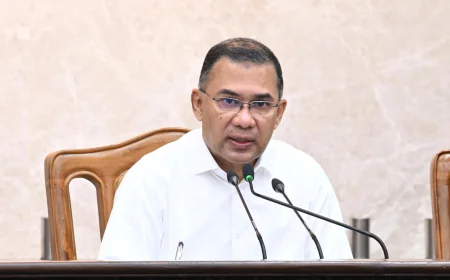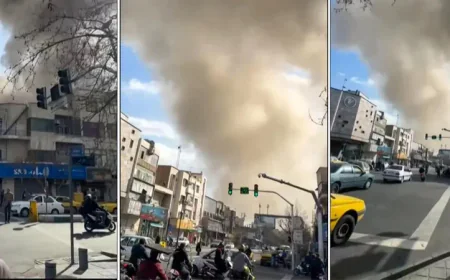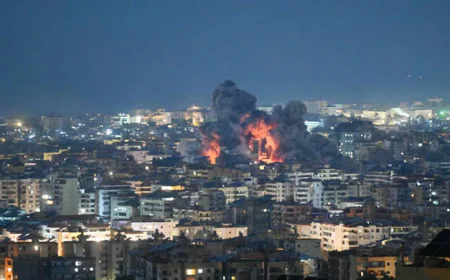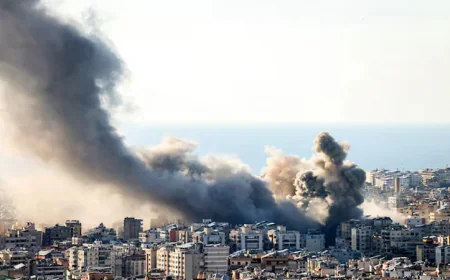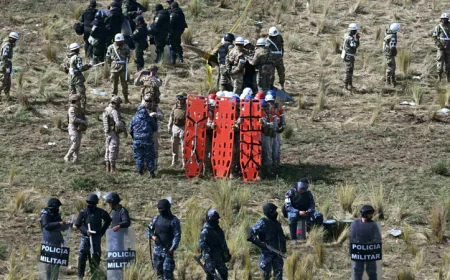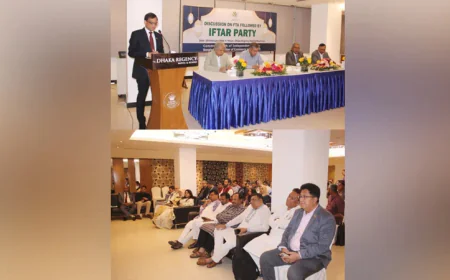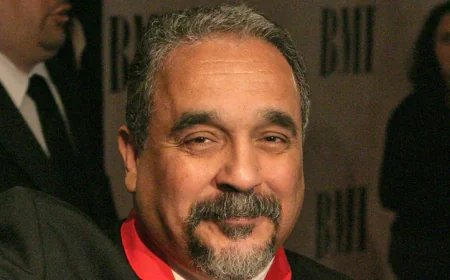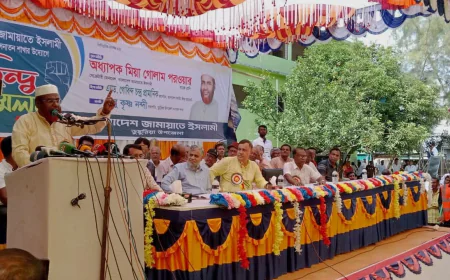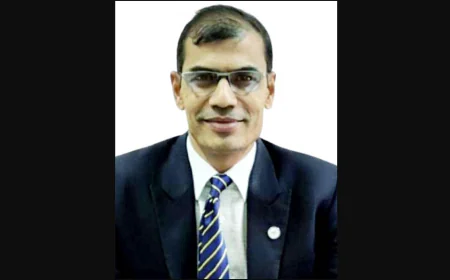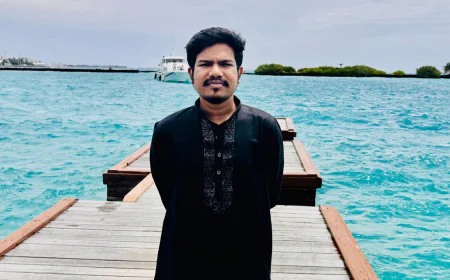UN Day Urges Justice for Victims of Religious Violence
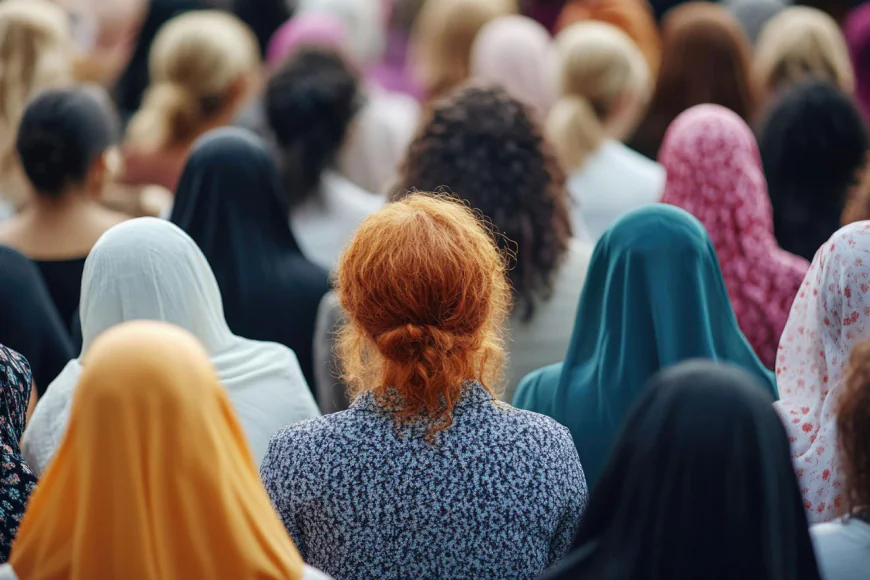
The United Nations on Friday observed the International Day Commemorating the Victims of Acts of Violence Based on Religion or Belief, turning global attention to one of the most pressing human rights challenges of our time: the persistence of violence and persecution in the name of faith. What began as a day of solemn remembrance has become, in the words of Secretary-General António Guterres, a call to action against hatred and impunity that still claim lives across continents.
Created by the UN General Assembly in 2019, the day is intended to honor the countless men, women, and children who have suffered discrimination, displacement, or death simply because of their religious identity. Speaking in New York, Guterres reminded the world that commemorating their memory must not become a hollow ritual. “Unchecked hate and impunity threaten our shared humanity,” he said, urging governments to implement stronger anti-discrimination laws, reshape education to foster mutual respect, and encourage dialogue instead of division. He also demanded accountability from digital platforms, stressing that online spaces should never become breeding grounds for extremism and hate speech.
The Secretary-General’s warning comes against a backdrop of deeply troubling realities. In northern Nigeria, extremist violence continues to devastate communities, leaving families in mourning and villages abandoned. In Iraq and Syria, Yazidis, Christians, and Druze still endure the aftermath of ISIS’s genocidal campaign, their trauma compounded by slow progress toward justice. Allegations of systematic repression of Uyghur Muslims in China remain a global concern, while reports from Afghanistan, Iran, and the Democratic Republic of Congo tell of targeted killings, destroyed places of worship, and persecution designed to erase minority voices. Each case is a reminder that religious intolerance is neither isolated nor fading — it is global, and it is urgent.
Behind the global headlines lie stories of human anguish. Survivors describe the pain of exile, families torn apart, and communities living under constant fear. Children grow up in refugee camps far from their ancestral lands, their heritage endangered by silence and neglect. For them, international solidarity is not a matter of rhetoric but of survival, justice, and the hope of rebuilding lives without fear of persecution.
This is why the UN insists that the day cannot be symbolic alone. Rights advocates argue that too often remembrance is used as a substitute for accountability. While crimes against humanity are well-documented, international institutions frequently struggle to deliver justice, leaving victims with unanswered questions and perpetrators shielded by political convenience. The result is a cycle where “Never Again” is repeated, yet atrocities recur with disturbing regularity.
The observance of 22 August therefore carries a heavier responsibility: to transform grief into action and remembrance into reform. The freedom of thought, conscience, and belief — protected under international law and enshrined in the Universal Declaration of Human Rights — is not merely a personal liberty. It is a foundation for peace, social cohesion, and democratic life. Protecting it means protecting the essence of shared humanity.
As the world paused to reflect, the UN’s message was clear: justice, inclusivity, and solidarity must guide the global response to religious-based violence. “This day is not symbolic,” Guterres declared. “Only through action can we ensure that no one is persecuted for what they believe.” His words stood as both a warning and an invitation — that memory must light the path toward a future where faith is no longer a reason for fear.

